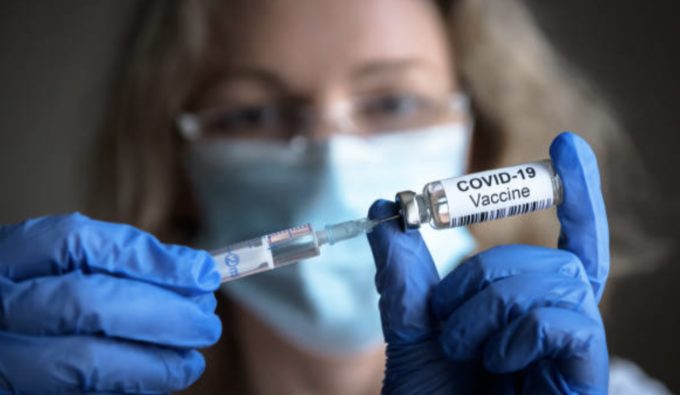As of January 2021, the COVID-19 pandemic has contributed to more than 2 million deaths worldwide, with greater than 400,000 deaths in the US alone. With the recent approvals of the Pfizer-BioNTech and Moderna vaccines in the US, there is a light at the end of the tunnel. Further, Gilead’s drug remdesivir has received Emergency Use Authorization for the treatment of those hospitalized with the disease. In light of these approvals, open questions remain around how these lifesaving vaccines and therapies will be made accessible globally, especially to those living in lower to middle income countries. Given that the Global North is responsible for a majority of the world’s biotechnology innovation and thereby owns most of the intellectual property (“IP”) for these technologies, a fine balance must be achieved between increasing international access to care without deterring essential Research & Development investment.
The World Health Organization (“WHO”) has created a voluntary patent pool in an attempt to resolve this tension. Known as the COVID-19 Technology Access Pool (“C-TAP”), this effort led by Costa Rica and the WHO aims to leverage collective research and incentivize international cooperation to address the pandemic. The goal of such a patent pool is to bundle multiple pieces of IP together so as to reduce the transaction costs of knowledge sharing on a patent-by-patent basis. Signatory nations to this proposal agree to sharing data, knowledge, and IP surrounding COVID-19 detection, prevention, and treatment. Thus far, 35+ countries have signed, but many of the world’s leading biotechnology innovators (including the US, UK, France, Germany, China, Russia, Canada, and India) have not joined the international effort.
Importantly, such a voluntary patent pool is preferable to the pharmaceutical industry relative to a compulsory licensing approach, in which countries could entirely circumvent the patents of innovator pharmaceutical companies and allow domestic generic companies to manufacture and distribute the products. International patent law—in particular, the Doha Declaration on the global TRIPS agreement—allows nations to do this in cases of national emergencies, including public health crises. While rare, this approach has been taken by developing countries in the past, including during the HIV/AIDS epidemic. Pharmaceutical companies have of course been critical of such compulsory licensing schemes as undermining international patent law.
Nonetheless, large pharmaceutical players—represented by the International Federation of Pharmaceutical Manufacturers & Associations (“IFPMA”)—are opposed to the voluntary patent pool approach as well, also viewing such a pool as being anti-competitive and an attack on the global IP framework. An alternative strategy would be a voluntary license, in which a pharmaceutical company can negotiate a license with a local generic company without interference from the government. For example, Gilead has already done this regarding remdesivir with generic manufacturers in Egypt, India, and Pakistan. Pharmaceutical companies argue that such a voluntary licensing approach is beneficial versus compulsory licensing or patent pooling as the innovator can effectively train and conduct technology transfer with the local generic company.
Efforts similar to C-TAP have been made by global regulators in the past, namely the Medicines Patent Pool (“MPP”) backed by the United Nations (“UN”) and funded by Unitaid, which was established in 2010 to increase access to treatments for HIV, malaria, and tuberculosis. MPP has prepared to offer its licensing expertise to C-TAP, and even expanded its mandate to cover COVID-related health technologies. 18 large generic companies have pledged to work with MPP to achieve the goal of expanding COVID-19 treatment access. While branded pharmaceutical companies argue that C-TAP is redundant in light of MPP, C-TAP’s exclusive focus on the coronavirus and sharing initiatives beyond just IP (e.g., data, knowledge) make the pool somewhat unique. Beyond the creation of C-TAP, the WHO has recently established COVAX (also supported by Gavi) to improve global, equitable access to COVID-19 vaccines. COVAX is a procurement mechanism that effectively acts as an insurance policy for wealthier donor countries who are funding efforts to increase factory manufacturing and ensure global and fair vaccine access.
Whether it is through an IP-sharing mechanism, or another procurement-based approach, one thing is clear: countries across the globe need to work together on a regulatory scheme to guarantee that international citizens receive the vaccines equitably in order to quickly end this global pandemic.
